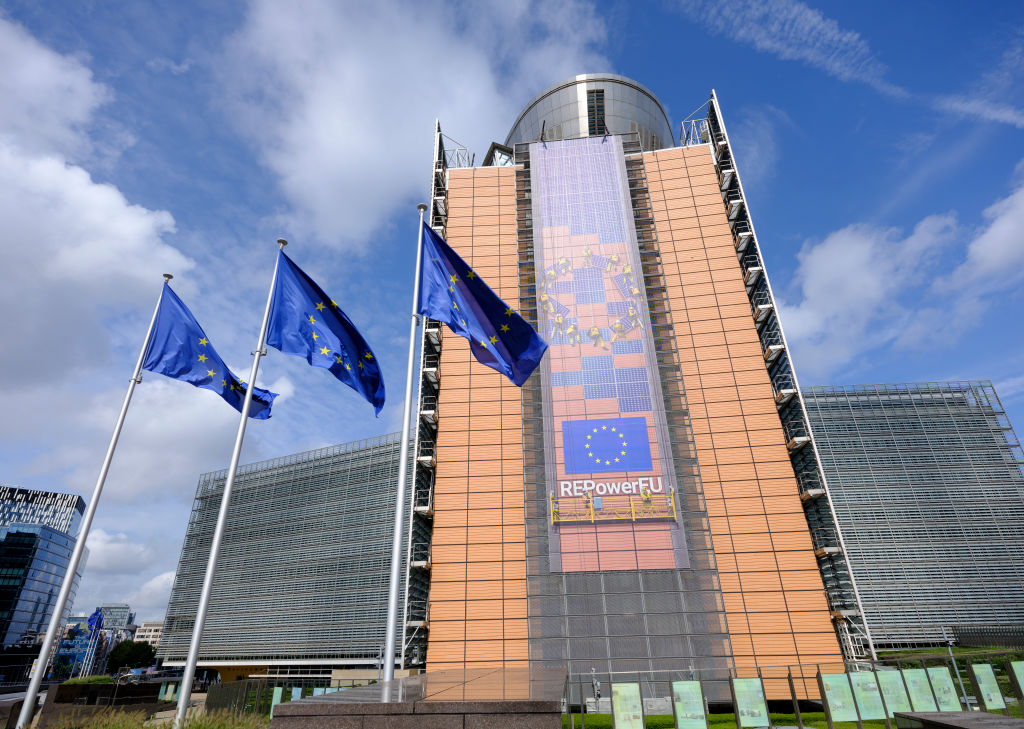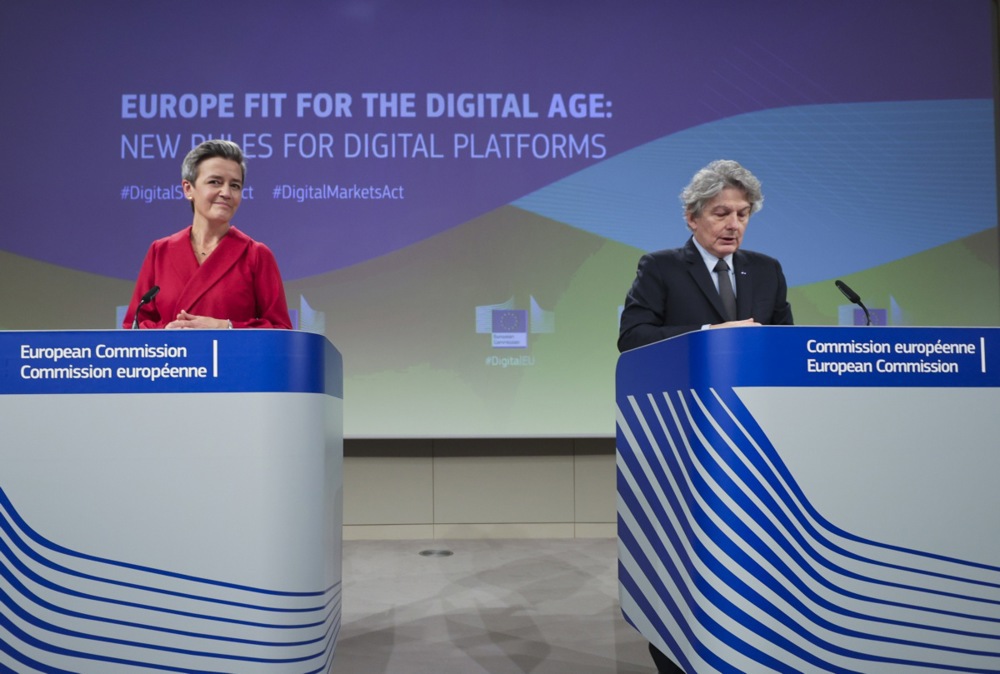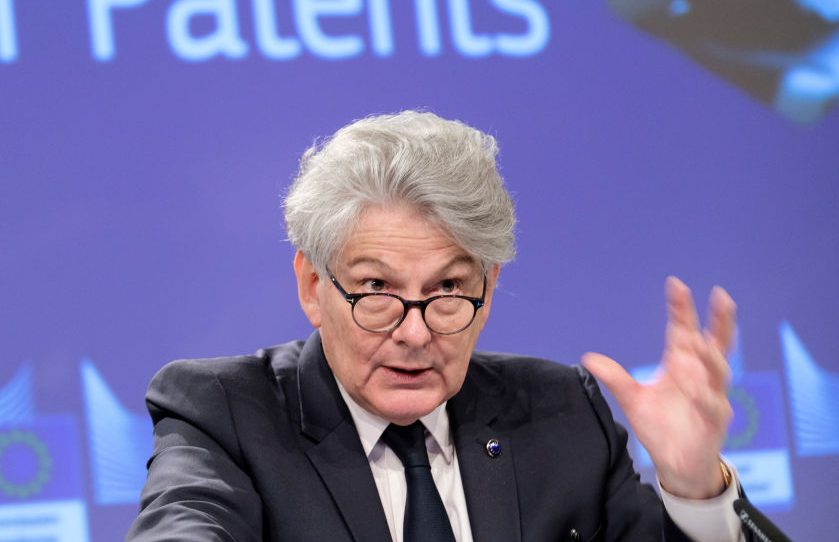The European Commission has launched a formal investigation into Meta for allegedly breaching the Digital Services Acts (DSA). The investigation seeks to discover whether the US tech giant has failed to protect European minors.
“We are not convinced that Meta has done enough to comply with the DSA obligations – to mitigate the risks of negative effects to the physical and mental health of young Europeans,” Commissioner for Internal Market Thierry Breton said on May 16.
The EC is concerned that both Meta’s Facebook and Instagram may stimulate “behavioural addictions” in children, as well as create so-called “rabbit-hole effects”. That is defined as consuming similar media consecutively, thus causing people to choose additional similar media over any dissimilar media, according to internet consultancy Canvas8.
The EC demanded that Meta put in place a “level of privacy and safety afforded to minors in the functioning of recommender systems”.
“Today we are taking another step to ensure safety for young online users,” stated Margrethe Vestager, Executive Vice-President of the European Commission for a Europe fit for the Digital Age.
Under the DSA, Facebook and Instagram are categorised as Very Large Online Platforms (VLOPs) and are obliged to abide by strict rules on how to deal with harmful content.
The EC said it feared both platforms had failed to prevent access to “inappropriate content” and targeted Meta’s age-verification tools, saying they may be “unreasonable, disproportionate and ineffective”.
It is not the first time this year the EC has opened a formal investigation into Meta for alleged DSA breaches.
On April 30, it accused Meta of failing to address deceptive advertising and disinformation on Facebook and Instagram, accusing the company of being “a risk to the electoral process”.
On April 23, the EC threatened to shut down Chinese firm ByteDance’s TikTok reward service, Tik Tok Lite. In response, TikTok killed off the programme.
Earlier this year, the EC launched preliminary investigations into almost all major tech companies covered by the DSA.
The European Commission has launched preliminary investigations into almost all Big Tech companies over claims that organisations have failed to give EU-approved researchers access to certain private data sets under the new Digital Services Act. https://t.co/7AXpyheCmF
— Brussels Signal (@brusselssignal) January 19, 2024





